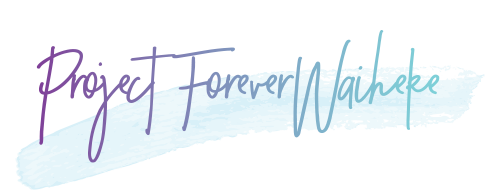Survey shows Waiheke incomes affected by lockdowns
/A survey of Waiheke residents undertaken by Project Forever Waiheke and the University of Auckland School of Environment has found that COVID19 has affected locals’ incomes, with just over half reporting some decrease, although for many that was temporary. Issues ranged from temporary to permanent job losses or reduction in tourism-related income, and people working in tourism and hospitality were apparently the most affected. However 48% of islanders’ incomes had not been affected, and a small number had actually increased, in particular due to reduced commuting costs. Researcher and long-term Waiheke local Pam Oliver said it was notable that most people whose incomes were affected, even significantly, still reported feeling optimistic about the future, and generally people had found new jobs or were focused on retraining or moving into new kinds of employment.
Also on the upside, the survey found that residents overwhelmingly appreciated many aspects of the lockdowns, some related to an unexpected opportunity to develop different relationships with family and friends, and also around reassessing their basic values around aspects like spending and an appreciation of the simple things in life. However many also spoke of a feeling that they had rediscovered many of the special treasures of Waiheke, in particular a return to walking around the island safely due to reduced traffic, much more noticeable bird life, and a strong resurgence of community spirit on the island, with people helping one another during the lockdowns and getting to know their neighbours better. Professor Robin Kearns from the School of Environment, also a Waiheke resident, said that these ‘rediscoveries’ offered an opportunity to take stock and reassess future directions for the island and its community. Residents had a range of creative ideas for ways that Waiheke might become more resilient to economic challenges.
School of Environment students involved in the research presented a summary of the survey findings on Wednesday 4 November, at the Waiheke Sustainability Centre. A full report will be available at the end of the year: meantime you can view the presentation here.

